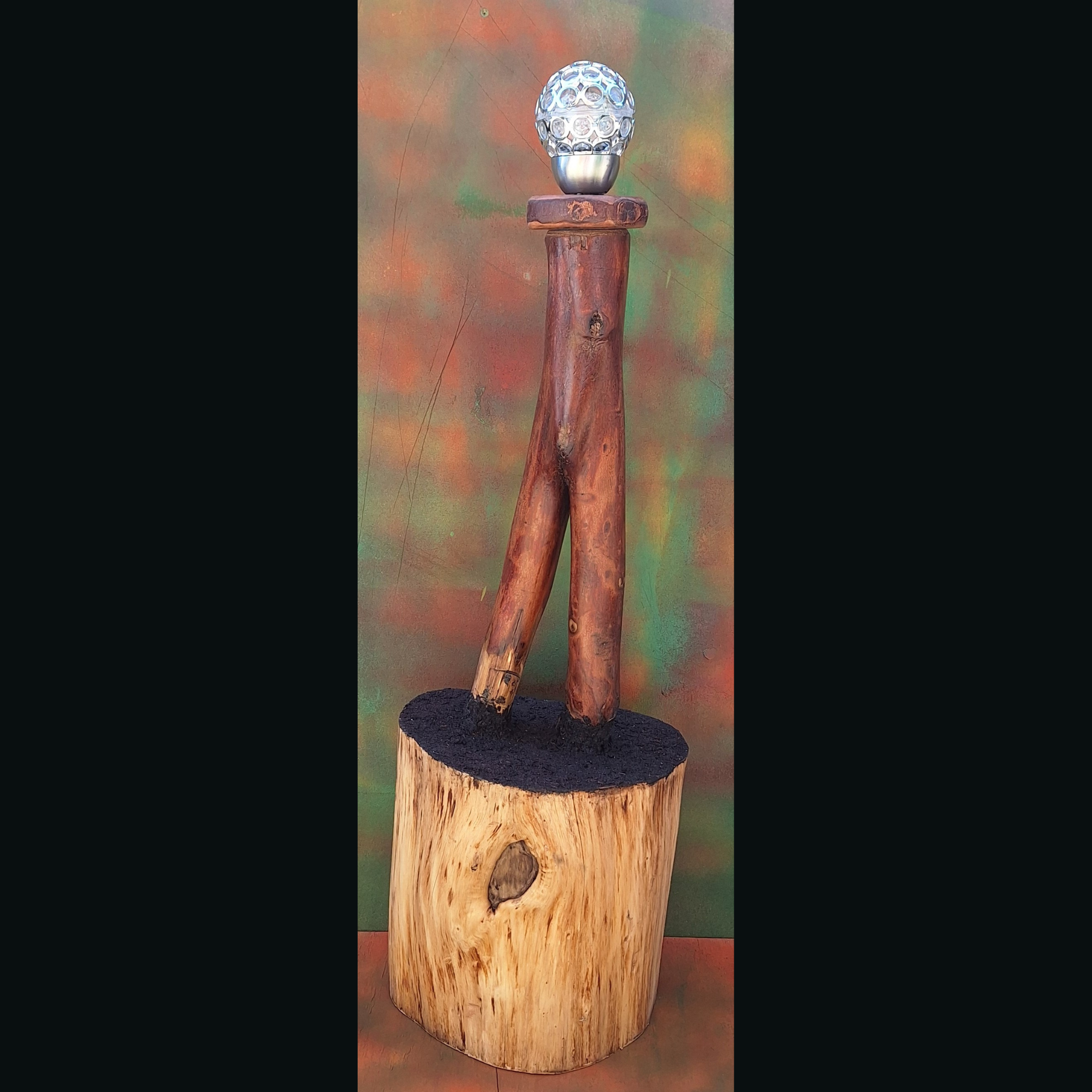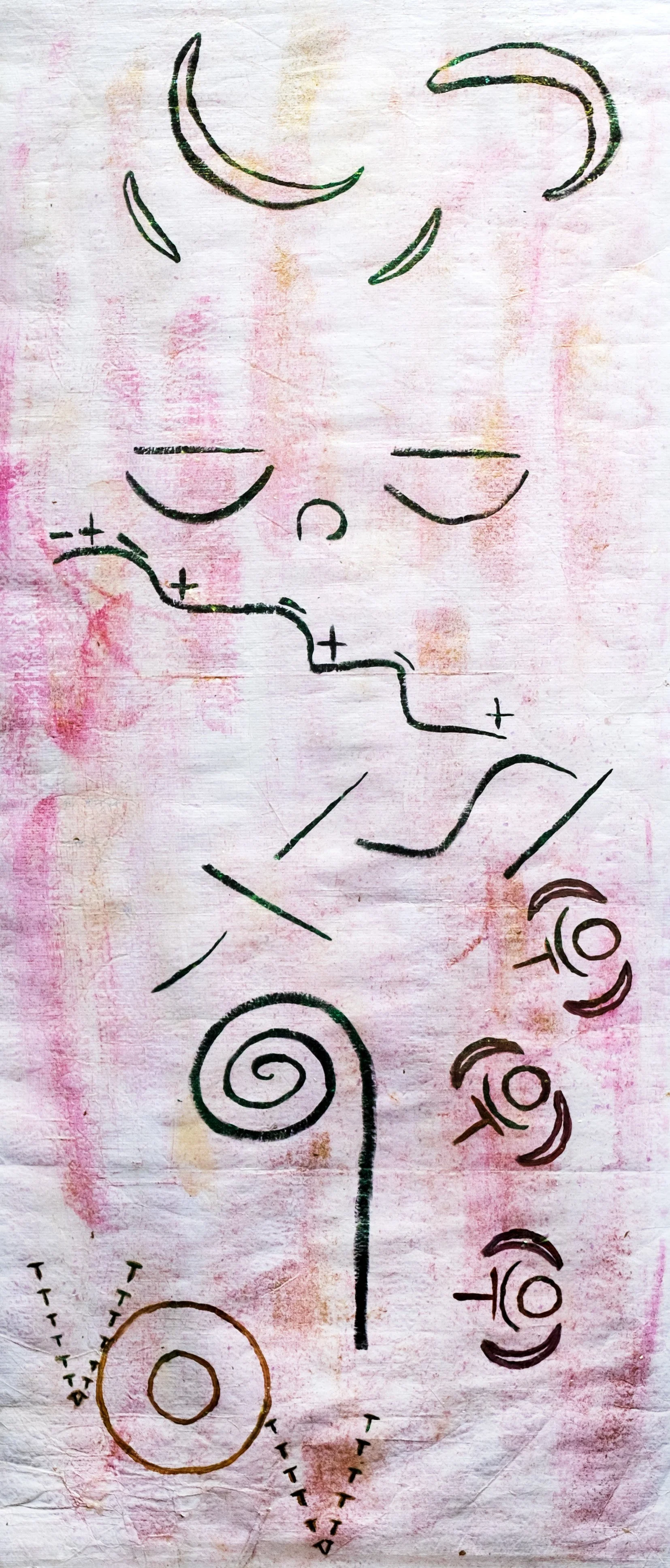The Babel Project
The Babel Project is an idea that was developed out of my Honours study in 2015. The study was an investigation into the feasibility of using the Afro Cuban concept of *Clave in a free improvisation environment. I developed the ensemble Wayfinders to take these ideas into a live performance situation.
This area of study led to thinking on the way we transfer cultural ideas and practices. This happens mostly through the written and spoken word, and in my experience in English and not Spanish or more directly Yoruba, Kituba or Munukutuba etc etc…
Translation issues aside, I am now of the belief that the way we even think about these ideas differ so widely from those who have learnt and perform the music from a traditional standpoint that it is almost a fallacy to believe that these ideas can be translated and taught through a spoken or written language.
One more step and we’re there;
During this period (2015 onwards) I, alongside all of us, I was witness to a huge cultural change, in many ways brought on by the speed of social media interaction.
This change has delivered some long overdue corrections in how certain groups are viewed and treated in society, and of course much more is to be done but some positive steps have been made.
Perhaps not so positive is how social media (spurred on by Covid) has transformed the way our public discourse has developed. Sound bites, word limits, and the opening up of the “culture market” led me (and others) to think we might be in the New **Babel.
In February 2022 I ran series of concerts with the ensembles Wayfinders-Remorse of God and AntiFragile to play with this idea of “The New Babel”. Each group has a different way of dealing with how it communicates, within the group and to the audience.
It is my endeavour here to pursue the idea that through the spirit of folk traditions and the ritual of music performance, human to human communication can take on many forms. Our job here is to open as many doors as possible for meaning to make sense.
………………………………………………………………..*(rhythmic pattern used as a tool for temporal organization in many African based dance musics)
**The tower of babel is a Biblical story.
The confusion of tongues (confusio linguarum) resulting from the construction of the Tower of Babel accounts for the fragmentation of human languages: God was concerned that humans had blasphemed by building the tower to avoid a second flood and so God brought into existence multiple languages, rendering humanity unable to understand each other
Wayfinders
Wayfinders Trio
Ronny Ferella drums
Jon Hunt woodwind
Tom Lee Bass
Initially conceived as a research project for an Honours degree Wayfinders Trio is an ongoing exploration of group communication and connecgion through improvised music.
The name Wayfinders was inspired by the Wade Davis, Massey Lecture series, Why Ancient Wisdom Matters in the Modern World.
Wayfinders were the ancient Polynesian navigators who used the signs of nature to guide them on their sea journeys. Observations of the stars, the sun, ocean currents and reading the clouds replaced the need for a compass and a map.
It is this deep sense of touch and oneness with one’s environment that The Wayfinders Trio hope to communicate. Completely acoustic and committed to an improvising ethos, the group leans to the ritual of ceremonial music, where everyone involved has the opportunity to experience something completely personal and unique, yet share the experience with all.
Bandcamp link
Remorse of God
Remorse of God
Ronny Ferella drumset
Shaun Rammers saxophone
2000mmx900mm graphic score
Remorse of God is a musical/visual art presentation. A 45-60 minute work that brings together the practice of music improvisation with the “reading” of a graphic score.
This duo has been working together since 2014 and initially was inspired and directed by the “free jazz” movement of the 1960’s-70’s. Since then, the challenge for this project has been how to maintain the spirit and energy and function of the music from that period but for it to resonate with contemporary audiences who may not have had the listening history that led more song-based jazz to this freer expression of the music.
There are many ways to read the impetus behind the free jazz movement but the element this duo most resonate with is the feeling of transformation, where both performer and audience undergo some change during the performance- from a change in the way one listens, feels, responds. These can be cognitive, emotional or physical changes. Transformative music has often been connected with the idea of Spirituality/Ritual and it’s through this route that the current format of Remorse of God has developed.
I have created a graphic score (2000mm X 900mm) of personally designed symbols, each symbol represents a state of being or pursuit towards a state. These prompts were particularly inspired by a ritual performed as part of the healing tradition of *Stambeli.
The states of being represented on the graphic score are: Sacrifice, Detach - break away from- Pilgrimage – Purify – Dream - Heart to Heart – Detach from the material world
During the performance the duo “read down” the score moving slowly from one symbol to the next. There is no direct musical content for each symbol, they operate more as prompts or inspiration to help create flow in the piece. Each performance can and should be very different, depending on the space, the audience response and of course the performers relationship to it all.
There is no correct way to experience a Remorse Of God Performance but the aim is to continue in the tradition of music as a ritual with a multitude of meanings and possible outcomes for the group and the individual.
*Stambeli is a musical genre associated with Tunisia’s black community and relates to the ancestral memory of those who were displaced and enslaved. The community’s heritage was preserved through the music, the chants and the dance. It is conceived of as both a healing and a religious practice. It combines music, dance and chants in trance-like performances. More on Stambeli here
Stambeli is a musical genre associated with Tunisia’s black community and relates to the ancestral memory of those who were displaced and enslaved. The community’s heritage was preserved through the music, the chants and the dance.
AntiFragile
Anti Fragile
Ronny Ferella drums/samples
Emily Bennett text
Stephen Hornby bass
Cheryl Durongpisitkul alto sax
Anti Fragile is a positive spin on the Tower of Babel story. Four musical histories spanning generations, geographic and cultural differences. The group is an improvising ensemble with no preplanned material except for the instruction for each member to perform from their own “musical history” and to then listen.
The theory here is that only when there is no agreed upon plan or concept can truly “new” music be created. Each musician holds on to what they believe is true and real, but at the same time allowing the other musicians space and time to do the same. Added to this is the reading of live facebook and intsagram feeds, news reports and other social media essentials.
There is no context-no explanation-no brand.
AntiFragile pushes against how fashion, commerce and the digital swarm has made the new hard to find, recognise let alone celebrate.
The name and sprirt of the band has been taken from Nassim Nicholas Taleb's 2012 book Antifragile: Things That Gain from Disorder
AntiFragile-Just as human bones get stronger when subjected to stress and tension, and rumours or riots intensify when someone tries to repress them, many things in life benefit from stress, disorder, volatility, and turmoil. What Taleb has identified and calls "antifragile" is that category of things that not only gain from chaos but need it in order to survive and flourish.


